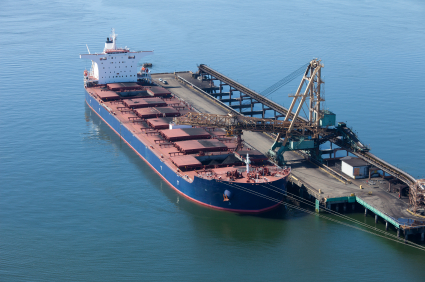This article in BC Shipping News explored the shifting tailwinds that are propelling Canada’s marine transportation and trade prospects in coal, natural gas, oil and renewable energy. The article clearly demonstrates that the winds of change in international energy trade have reached BC’s shores.
Presently transpacific marine transportation and commerce is relatively modest in terms of global coal trade, accounting for 4.6% of overall trade. Transpacific oil and natural gas trades are particularly limited in their scale, respectively accounting for only 1.2% of global oil trade and 0.3% of global natural gas trade in 2010 according to the BP Statistical review of World Energy, June 2011. Aggregating across all three fuels transpacific energy trade accounts fro 1.4% of global energy trade, more than two-thirds of which is from North America to Asia.
Time will actually tell whether the recent Canadian political initiatives are belated efforts trying to catch up with shifting economic drivers and whether they will accelerate the prospects of Canadian energy trade. BC’s port community and Canada’s energy producers can also play a role by providing support and leadership for international trade policies such as a Canada-Japan Free Trade Agreement and Canada’s belated efforts to join the Trans-Pacific Partnership Negotiations since improved market access, and infrastructure investments are both required for global competitiveness.

